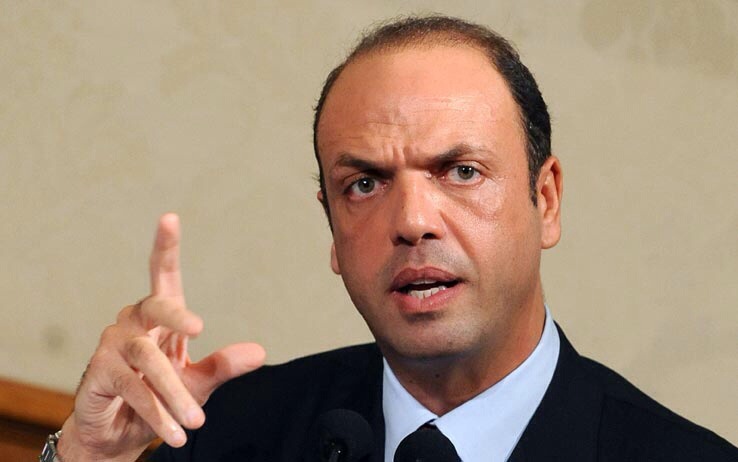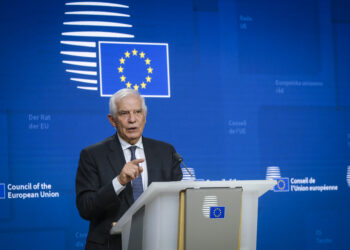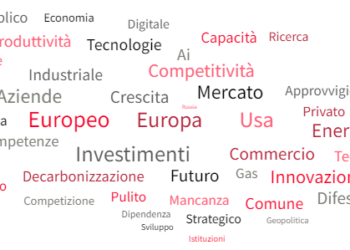A more powerful Frontex, with more staff and more financial resources, replacing Mare Nostrum; a European Union able to perform its duties from the countries of origin; a stronger cooperation of interior and foreign policy. This is the way the Italian Presidency wants the EU Semester to be focused dealing with immigration. The priorities of the Italian actions were explained by the Minister of Interior Affairs, Angelino Alfano, during his hearing at the Committee on Civil Liberties of the European Parliament. “We have two targets, and both are quite difficult,” said Alfano after the meeting with MEPs: “The first is having Europe ‘there’ – in Africa – for fulfilling its duties into the countries of origin and transit of migrants: if we are able to block them there through a European action, we could stop illegal migrants and organise the presence in Europe of the ‘true’ one, those escaping from wars and persecutions.” Another priority is the reform of Frontex, the EU agency in charge of organising external borders’ patrolling, in order to make it “the true strategic player on the Mediterranean sea and on all borders.” The target is “closing Mare Nostrum and replacing it with Frontex.” That is, there should be “a general reorganisation of border patrolling.” In order to do so “Member States should take a political decision involving more investments,” underlined Alfano, “because an underfunded agency cannot reach that target.” These are crucial measures, added Alfano: “We think immediate interventions are necessary in order to achieve immediate and effective results, together with medium- and long-term activities.”
A new ‘Commissioner for Immigration’ could help, too: the European Commission President, Jean-Claude Juncker, assured he wants to create this office but, as Alfano added, “it is necessary for the Commissioner to have real powers.” The responsible of the Union for immigration, he added, “cannot be a hollow shell.” It has to be “a strategic role, and this necessarily implies to have resources, staff, structures and a strong coordination role” instead, because “the problem can no longer be handled by a single Minister of Interior Affairs, it now involves the Minister of Foreign Affairs who must cooperate with his colleague for organising immigration policies.”
A part from the future Commissioner’s tasks, the crucial thing is getting Member States to work together. History, said Alfano, “bears no cases of a confederation of States able to erase internal borders as we had done with Schengen and than incapable of patrolling its external borders. We took on this responsibility when we cancelled our internal borders.” That is, Europe cannot risk to be “a great work left undone, where national interests prevail,” because in this way “it could never play its role in the world.”
Still, said Alfano, Italy won’t work on immigration only, nor only on the “fulfilment of a European asylum system.” The agenda in fact includes “the fight against corruption and terrorism,” the battle “against hate crimes, discrimination and gender violence.” Moreover, cybersecurity on which, Minister Alfano assured, “we will commit a good portion of our time” and then Civil Protection and prevention of disasters. The period “will be tough, bearing remarkable responsibilities,” but “we are sure we will give our contribution towards a safer and more free Europe,” added Alfano.




![Aerei Saab [foto: imagoeconomica]](https://staging.eunews.it/wp-content/uploads/2024/11/Imagoeconomica_2292144-350x250.jpg)




